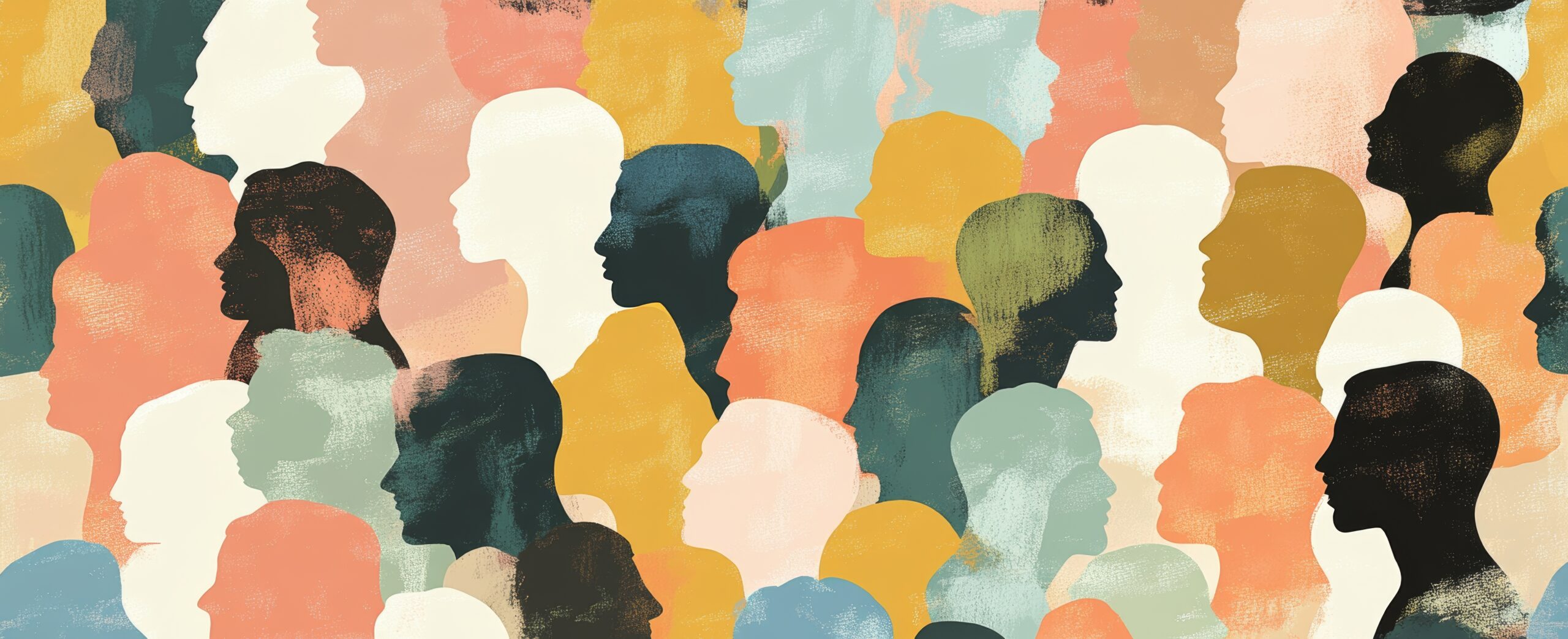Not Just a Scalpel, But a Bridge
As a surgeon who has trained and practiced across the UK, the US, and continental Europe, I’ve come to realize that technical skill is only part of the job. Just as critical is the ability to translate not just language, but culture, values, and deeply held beliefs about health and healing. Surgery is a universal science, but health is experienced differently depending on where you are and who you’re talking to. I’ve often felt like a translator between two worlds: the world of medicine, and the world of the person lying on the operating table.
What Patients Expect—and What They Don’t
One of the first things I noticed when I moved from Europe to the United States was how patients spoke about surgery. In the US, there’s often a strong desire for action. Many patients want a solution now, and often expect a clear, immediate fix. There’s a cultural undercurrent of control, an idea that with the right plan, the right team, and the right tools, any problem can be solved. Surgery is viewed not just as a treatment, but as a promise of restoration.
Contrast that with much of Europe, where I’ve found patients to be more cautious. There’s often more discussion about alternatives, more skepticism about risk, and more openness to waiting before intervening. In the UK, for example, I’ve had patients ask, “Do I really need this?” even when the medical evidence supports it. It’s not a sign of mistrust, but of a different relationship with the healthcare system, one shaped by access, cost, and a collective view of medicine as a shared resource.
These expectations shape everything: how patients hear your words, how they weigh risk, and how they define success.
Words Matter—Sometimes More Than We Think
I’ve always believed that words are just as powerful as any tool in the operating room. But what I say, and how it’s received can vary wildly depending on the cultural lens through which it’s heard.
In the US, saying “routine procedure” is often meant to reassure. But in Europe, especially in older generations, there’s an appreciation for the seriousness of any intervention. They may ask, “Routine for whom?” In the UK, understatement is common in everyday conversation, but when it comes to health, precision and transparency carry a lot of weight. If you gloss over complications or uncertainty, you risk eroding trust.
In some countries, patients expect their doctor to lead the conversation to be the authority. In others, they want to feel like equal partners. That changes how I explain things. Sometimes I take a step back and offer options. Sometimes I speak with more certainty, because that’s what the situation—and the culture—calls for. It’s not about pandering, but about respecting the way different people process vulnerability and decision-making.
Translating Risk
Perhaps the hardest thing to translate is risk. Risk means something different depending on your personal history, your relationship with health systems, and your cultural background. In the US, a 1% risk might sound negligible. In Italy or Germany, it might prompt days of family discussion and follow-up questions.
I once had a patient in France who wanted to delay surgery for a second opinion, despite the urgency. In the US, that delay might be viewed as dangerous. In France, it was a reasonable step toward empowerment. In these moments, I’ve learned that my job isn’t to convince—it’s to clarify. My role is to give people the tools to make informed choices in the way that feels right to them.
Health Is Personal—and Political
Cultural views of health don’t emerge in a vacuum. They’re shaped by history, policy, and public trust. In countries with universal healthcare, patients often feel a sense of shared responsibility. In the US, where healthcare is deeply tied to insurance and cost, patients may ask not just, “Is this necessary?” but also “Can I afford this?”
These questions shape how people approach their care and how they experience surgery. I’ve had patients in the US delay procedures due to cost. I’ve had patients in the UK worry about being a “burden” on the system. In both cases, their decision-making was filtered through more than just biology, it was shaped by culture and circumstance.
The Surgeon’s Responsibility
All of this has taught me that surgeons aren’t just technicians. We are communicators, educators, and, yes, translators. We translate complex medical data into human terms. We translate across cultural divides. And we help people make decisions at some of the most vulnerable moments in their lives.
It’s not always easy. I’ve stumbled. I’ve misjudged what someone needed to hear or how they needed to hear it. But I’ve also learned to ask more questions, to listen more closely, and to approach every conversation with humility.
Listening Is the First Step
At the end of the day, no matter where you’re practicing, people want to be heard. They want their fears acknowledged, their beliefs respected, and their autonomy preserved. They want someone who can not only heal their body, but understand the context of their experience.
That’s the real work of surgery, not just the incisions and sutures, but the human connection that guides them. And in that space between cultures, languages, and expectations, I’ve found my role: not just to cut, but to translate.
